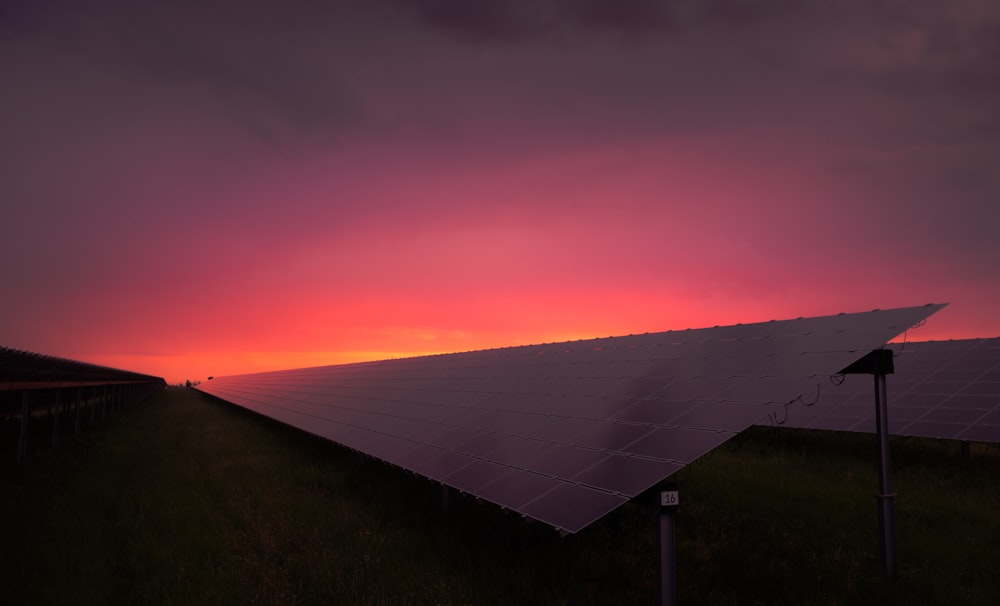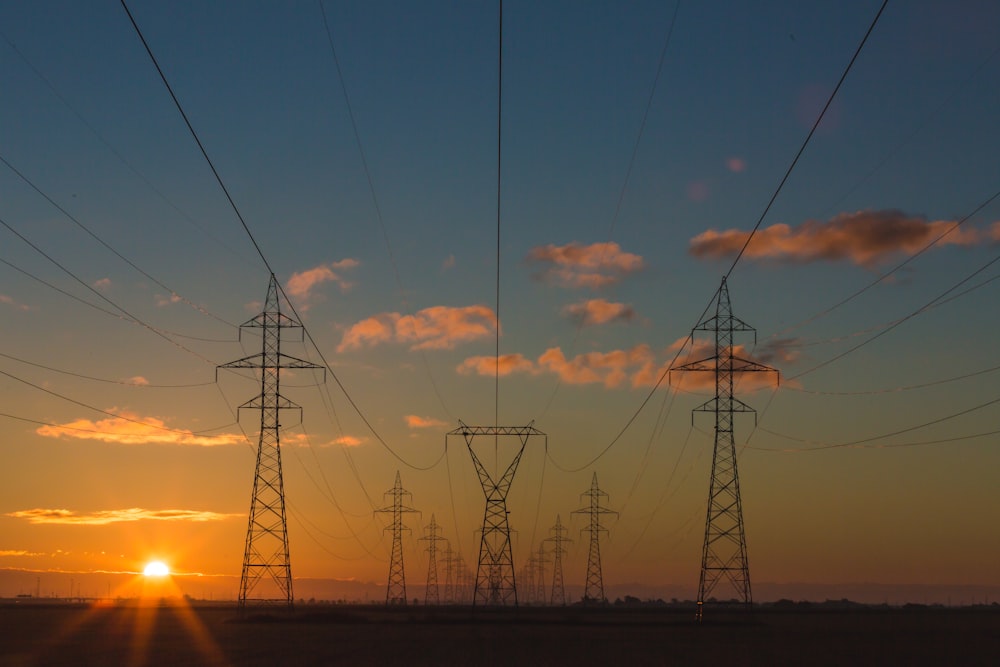
Geothermal Energy Cost Affordability and Efficiency
Geothermal Energy Cost: Affordability and Efficiency
Understanding Geothermal Energy
Geothermal energy is a renewable energy source that harnesses heat from beneath the Earth’s surface to generate electricity and provide heating and cooling. Unlike solar or wind power, which rely on variable weather conditions, geothermal energy is available 24/7, making it a reliable and consistent source of energy. As interest in renewable energy grows, many are curious about the cost of geothermal energy and its affordability compared to other energy sources.
Initial Investment vs. Long-Term Savings
One consideration when evaluating the cost of geothermal energy is the initial investment required to install a geothermal heating and cooling system. While the upfront costs of geothermal systems can be higher than conventional heating and cooling systems, the long-term savings can be significant. Geothermal systems have lower operating costs, as they require less electricity to operate compared to traditional HVAC systems. Additionally, geothermal systems have longer lifespans and require less maintenance, further reducing costs over time.
Factors Affecting Geothermal Energy Cost
Several factors influence the cost of geothermal energy, including the size and complexity of the system, site-specific conditions, and geographic location. The depth and temperature of the underground reservoir, accessibility of drilling sites, and availability of skilled labor can all impact the cost of installing a geothermal system. Additionally, incentives and rebates offered by governments and utilities can help offset the upfront costs of geothermal installations, making them more affordable for homeowners and businesses.
Comparing Costs with Other Energy Sources
When comparing the cost of geothermal energy with other energy sources, it’s essential to consider the total cost of ownership over the system’s lifetime. While the initial investment in geothermal systems may be higher than conventional systems, the long-term savings on energy bills can outweigh the upfront costs. Additionally, geothermal energy is not subject to price fluctuations like fossil fuels, providing stability and predictability in energy costs over time.
Residential vs. Commercial Applications
The cost of geothermal energy can vary depending on the scale and application of the system. Residential geothermal systems, which typically provide heating and cooling for individual homes, may have different cost considerations than larger commercial or industrial systems. Factors such as building size, energy demand, and available space for drilling can influence the cost-effectiveness of geothermal installations in different settings.
Environmental Benefits and Cost Savings
One of the primary advantages of geothermal energy is its environmental sustainability and low carbon footprint. Geothermal systems produce minimal greenhouse gas emissions and have a smaller environmental impact compared to fossil fuel-based energy sources. By transitioning to geothermal energy, homeowners and businesses can reduce their carbon emissions and contribute to global efforts to combat climate change. Additionally, the long-term cost savings associated with geothermal energy can provide financial benefits while promoting environmental stewardship.
Technological Advancements and Cost Reductions
Advancements in geothermal technology, such as improved drilling techniques, enhanced heat exchangers, and innovative system designs, have contributed to cost reductions and increased efficiency in geothermal energy production. As technology continues to evolve, the cost of geothermal installations is expected to decrease further, making geothermal energy more accessible and affordable for a wider range of applications. Additionally, ongoing research and development efforts are exploring new ways to harness geothermal energy and improve system performance and reliability.
Government Incentives and Support
Government incentives and support programs play a crucial role in making geothermal energy more affordable and accessible. Many governments offer tax credits, rebates, and grants to homeowners, businesses, and utilities to encourage the adoption of geothermal energy systems. These incentives can help offset the upfront costs of geothermal installations and make them more economically viable for consumers. By leveraging government incentives and support, individuals and organizations can take advantage of the benefits of geothermal energy while reducing their environmental impact.
Investing in a Sustainable Future
In conclusion, the cost of geothermal energy depends on various factors, including initial investment, long-term savings, site-specific conditions, and government incentives. While upfront costs may be higher than conventional systems, the long-term benefits of geothermal energy, including lower operating costs, environmental sustainability, and energy independence, make it a compelling option for homeowners and businesses alike. By investing in geothermal energy, individuals and organizations can reduce their carbon footprint, save money on energy bills, and contribute to a more sustainable future for generations to come.



